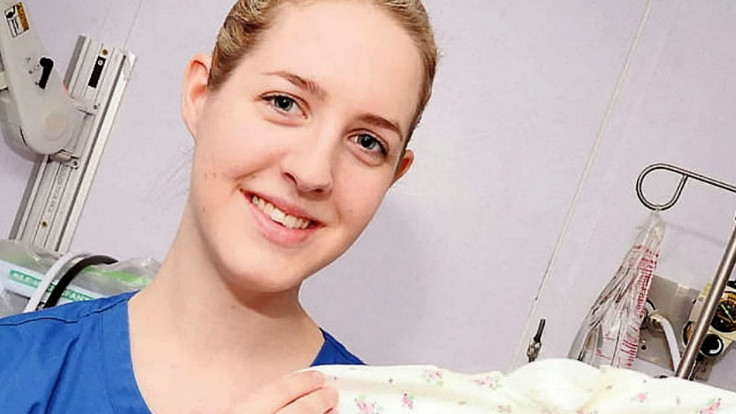Lucy Letby Update: Is Britain's 'Worst Serial Child Killer' Innocent? What New Evidence Reveals
Letby's case is 'one of the major injustices of modern times', according to senior Conservative MP David Davis.

Fresh evidence has cast serious doubt over the conviction of Lucy Letby, the former neonatal nurse sentenced to multiple life terms for the murder of seven infants and the attempted murder of six others between June 2015 and June 2016.
Experts Challenge Letby's Conviction
A panel of 14 international experts has concluded that the medical evidence used to convict Letby was insufficient to prove her guilt beyond a reasonable doubt. According to The Guardian, the experts determined that poor medical care and natural causes were likely responsible for the babies' deaths.
Dr Shoo Lee, a retired Canadian neonatologist who led the panel, stated: 'We did not find any murders.' The panel's 31-page report offered alternative explanations for four of the seven deaths Letby was accused of causing, including misdiagnoses and failures in neonatal care at the Countess of Chester Hospital.
Mark McDonald, Letby's defence lawyer, asserted that the case against her had been 'demolished' and insisted there was 'overwhelming evidence' that she had been wrongly imprisoned for crimes that 'never happened,' as reported by AP News.
Letby's Legal Battle for Freedom
Legal experts suggest that if the Court of Appeal finds a real possibility of her conviction being overturned, Letby could be granted bail. However, the process is expected to take at least a year.
Letby has previously lost two appeals, but her legal team has now petitioned the Criminal Cases Review Commission (CCRC) to reassess her case. The CCRC confirmed on Tuesday that it is formally reviewing the evidence, as reported by Yahoo News.
The Case Against Lucy Letby
Letby was a neonatal nurse at the Countess of Chester Hospital when an unusual rise in infant deaths led to an internal investigation. Prosecutors accused her of injecting air and insulin into babies' bloodstreams, force-feeding fluids, and causing impact trauma to newborns.
During the trial, the Crown Prosecution Service (CPS) presented what it claimed was key evidence, including:
- Medical records: These allegedly showed suspicious patterns of infant collapses when Letby was on duty.
- Text messages and social media activity: These were used to suggest she had misled colleagues about the babies' conditions.
- Staff rotas: Prosecutors claimed that Letby was present for a disproportionate number of neonatal emergencies.
- Handwritten notes: Letby's personal writings included statements such as 'I am evil, I did this'—which the prosecution argued was a confession, as detailed by the CPS.
Medical Experts Dispute CPS Evidence
The expert panel, however, found that the CPS's case relied on flawed medical testimony. The prosecution's key witness, Dr Dewi Evans, diagnosed air embolism as the cause of death in several cases where no definitive evidence existed. Dr Lee, who has studied embolisms for decades, stated that Evans' conclusions were 'misinterpreted' and lacked scientific basis, according to The Guardian.
Furthermore, the panel found significant failings in hospital procedures, including inadequate staffing, poor resuscitation training, and mismanagement of neonatal care. Dr Lee remarked: 'If this was a hospital in Canada, it would be shut down.'
Another Wrongful Conviction?
Letby's case has drawn comparisons to that of Andrew Malkinson, who spent 17 years in prison for a crime he did not commit. Malkinson was convicted of rape in 2004 despite a lack of DNA evidence; in 2023, new forensic testing exonerated him when DNA from the crime scene matched another suspect, as reported by AP News.
Despite growing evidence suggesting Letby's innocence, public sentiment remains conflicted. Many hesitate to support the 'Letby is Innocent' campaign out of respect for the grieving families. However, if she was wrongly convicted, the case could represent one of the most significant miscarriages of justice in British legal history.
A separate public inquiry into hospital failings is due to conclude next month. While this will not review Letby's conviction, it aims to examine the failures of hospital staff and management. The CCRC's investigation will determine whether the judicial system also bears responsibility for a wrongful conviction.
© Copyright IBTimes 2025. All rights reserved.





















